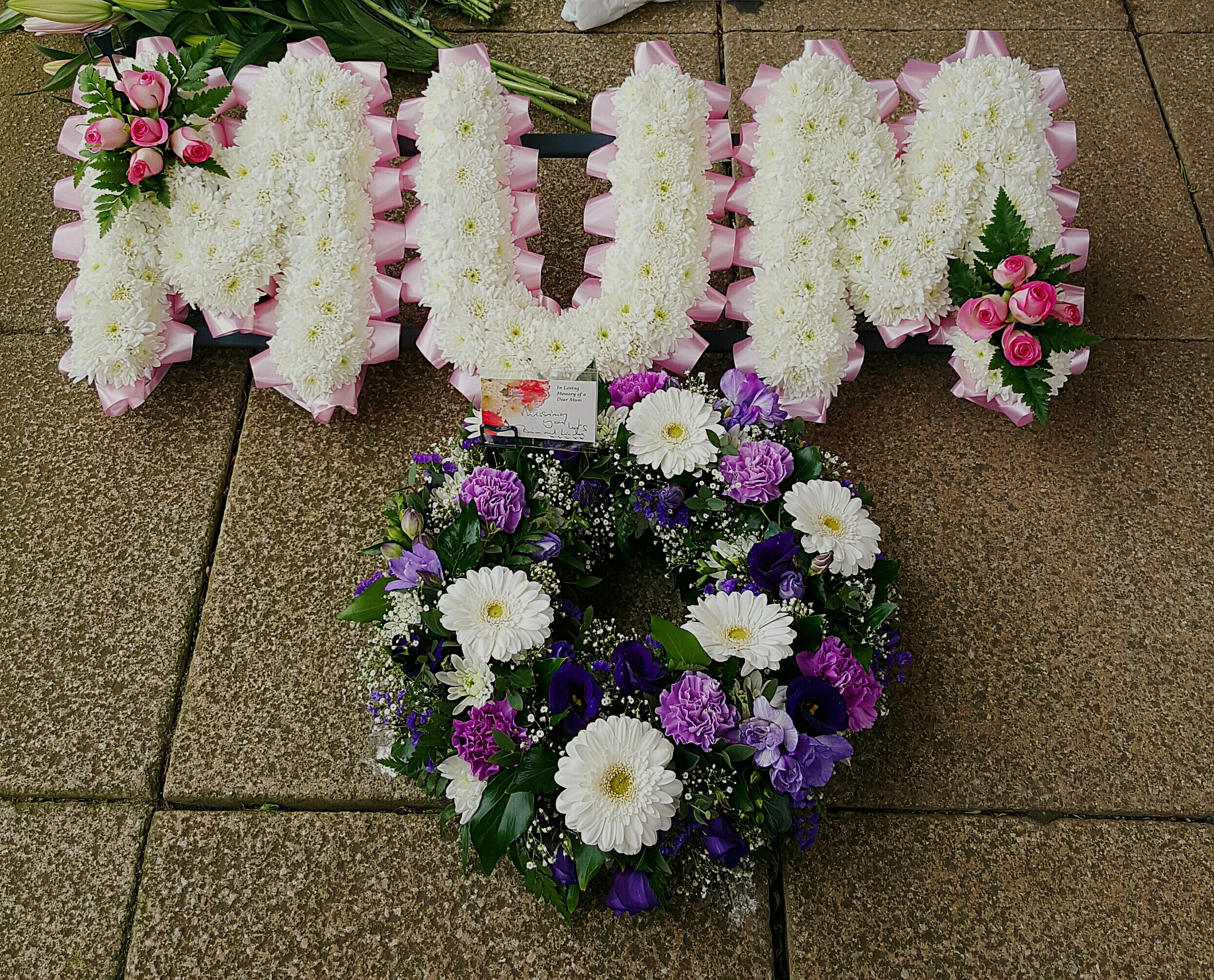Talking about illness and death with family is not the easiest thing to do – but is vitally important.
No one knows when their time is up or when they may become suddenly ill or injured and can’t make decisions for themselves.
Communicating with your family about your wishes can help them make difficult decisions down the track with less pain and worry.
Here are six things to think about before you talk to your family:
Write down your wishes
Having a plan helps. Have a think about what’s important to you: how you would like to be looked after if you became ill; if you have young children who would look after them; who would take care of your assets if you became unable to manage your property or money.
There is no right time
These conversations will always be difficult. Coming up to Christmas, with more family likely to be around, might be a time to consider talking about the important things. Set aside a time to talk to your loved ones about the future.
Rehearse the conversation
Imagine talking to family and visualise yourself speaking to them about the topic at ease. Contemplate the possible reactions and how you will handle their questions.
Talk about someone else’s experience
Ask your family if they remember when someone else in the family or neighbourhood unexpectedly became very ill or suddenly died. Explain that you want them to be clear about your wishes when facing a similar situation.
Acknowledge the emotions in the room
Understand that your family may get upset or not want to talk about illness and death. Be firm and point out the consequences of not talking about it now. Be prepared to return to the conversation if it becomes overwhelming.
Get professional advice
Public Trust, New Zealand’s largest providers of Wills, Trusts, Estate Administration and Management, can help you make a detailed plan for your wishes. They have a team of trusted specialists you can consult about everything from a Will and Enduring Powers of Attorney (EPA) to managing financial or property matters as you get older.

